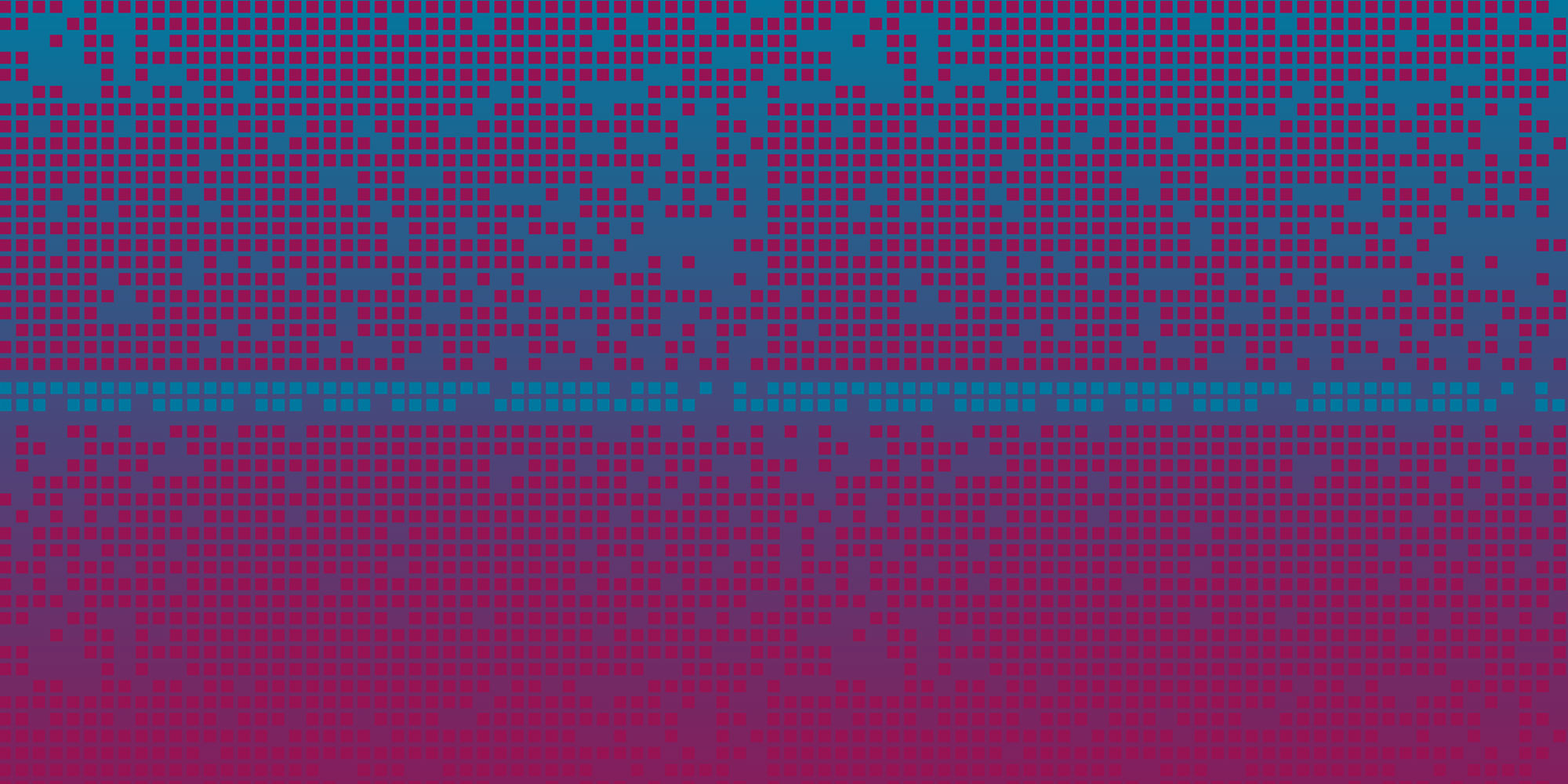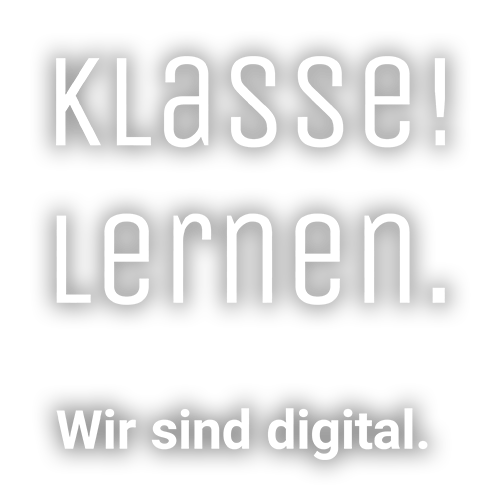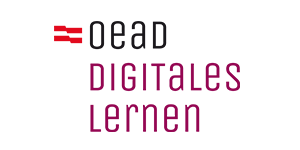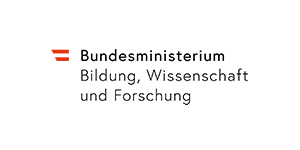Klasse! Lernen. We are digital.
Seven honorary mentions, two distinctions with € 5,000 prize money each and a main prize worth € 10,000 will be awarded for future projects in the field of digitization!
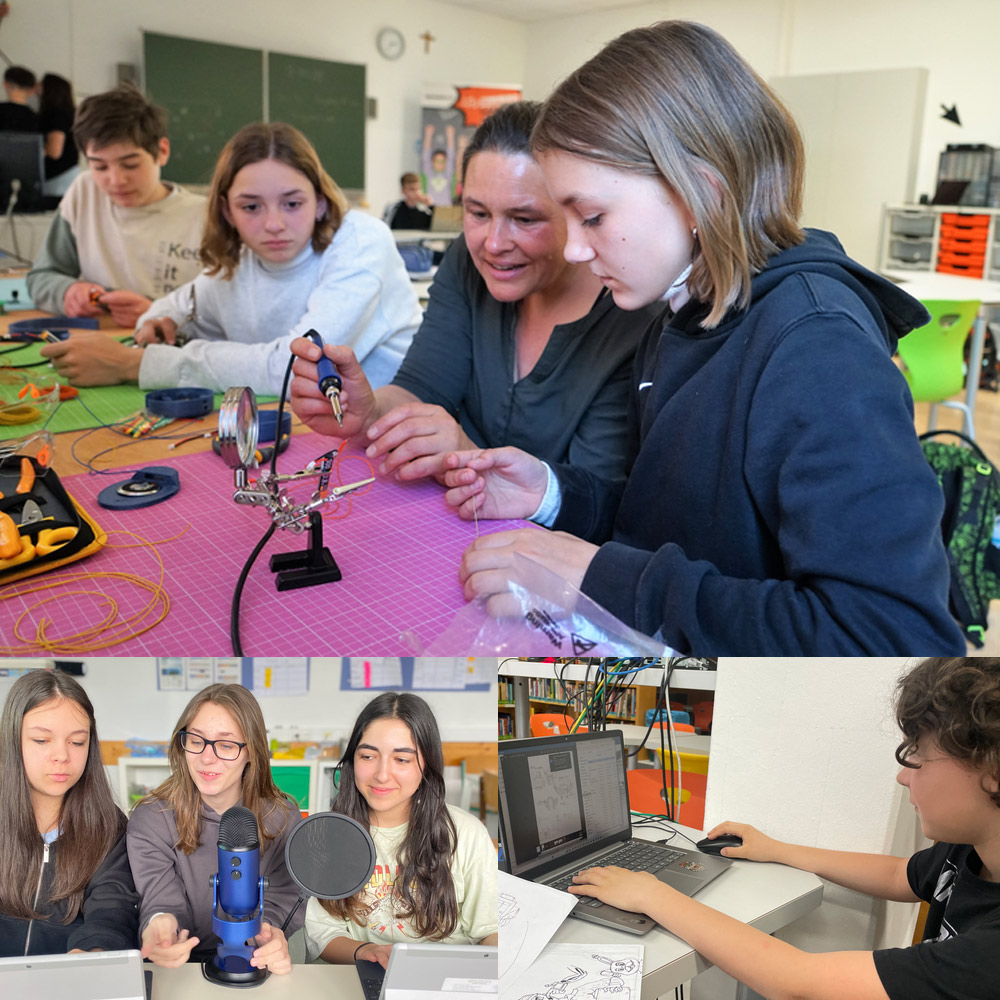
Klasse! Lernen. 2023: These are the best projects
The Austria-wide education award Klasse! Lernen honors pupils and teachers who integrate digital tools creatively and sustainably into the classroom. These are the main prize, the awards of distinction and honorary mentions.
Digital education is an ongoing process that empowers young people to actively shape their lives and learning in a digitized world and prepares them in the best possible way for the future world of work. Advancing digitization is creating more and more new opportunities for instructional design.
Smartphones, tablets and laptops make it possible to organize shared learning very flexibly for individuals in terms of time and space. The devices open up many possibilities for optimally networking learners: through flexible and structured communication, through sharing knowledge, opinions and questions, or through options for quick feedback.
Individualization and differentiation are also facilitated. These in turn give pupils the opportunity to consolidate the skills they have acquired. With the help of digital tools, lessons can be designed more creatively and adapt fluidly to the reality of young people’s lives today. The digital school thus promotes new forms of teaching!
To bring this transformation of education before the curtain, there has been the education award “Klasse! Lernen. Wir sind digital” by OeAD, BMBWF and Ars Electronica.
Who is the Education Award aimed at?
The education award “Klasse! Lernen. We are digital” is aimed specifically at motivated teachers who want to implement new projects together with their pupils. This means that the award is given directly to teachers together with their pupils.
Eligible for submission are:
- School classes or teams of pupils from secondary level I with their teachers at Austrian educational institutions
- School classes or teams of pupils in the 4th grade of elementary school at Austrian educational institutions with their teachers in preparation for digital learning in lower secondary school.
Submission as a team:
- The teacher or the team of teachers submits the project together with pupils.
- All eligible schools should be able to participate within their means, regardless of their level of digitization.
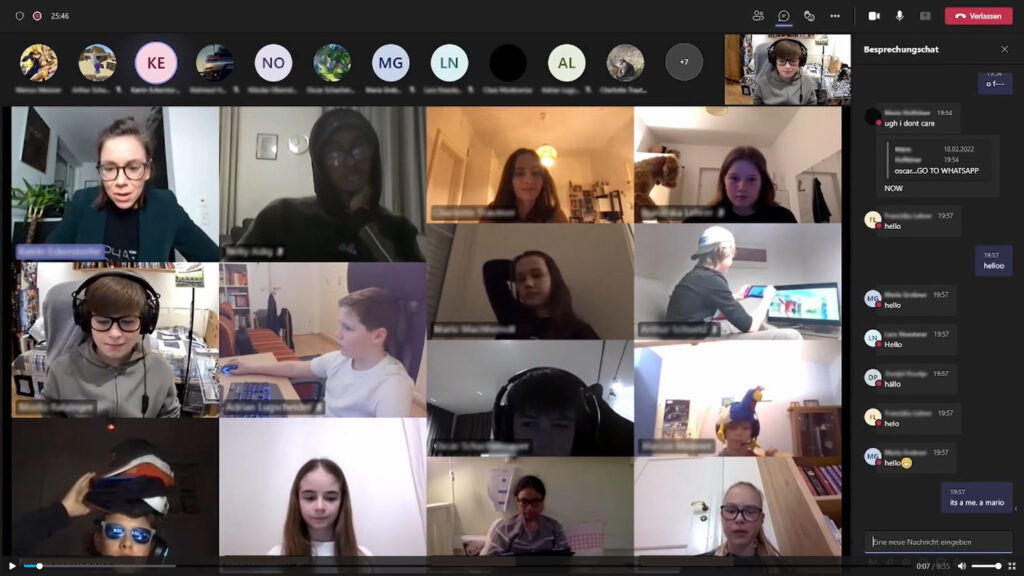
What does digital learning mean?
The Education Award is aimed at teachers and pupils who see the transformation to a new digitized classroom as a challenge for the development of new ideas and projects. The aim is to promote the creative, innovative and sustainable use of digital tools in the classroom.
Future school lessons pose many new challenges for teachers and students, but also offer enormous potential for joint further development. The sustainable anchoring and multi-layered use of new technologies in daily school lessons is one of the main criteria of the competition.
In addition, the competition is also intended to motivate critical questioning: Which structures can and should be usefully extended with digital tools and which elements of school teaching need direct (analog) social interaction? Digital learning not only means mastering digital tools, but also finding and implementing as many synergies and complements as possible between analog and digital teaching.
Photo: when homeschooling goes wrong / Kollegium Aloisianum Linz
Criteria
The school site is about
- Creativity: How can digital school be implemented as creatively as possible?
- Sustainability: How can digitization be sustainably anchored at the school site? How can the development of digital skills among pupils be sustainably promoted?
- Innovation: Which innovative approach creates the greatest space for change and new ideas in the respective context?
- Transformation processes: What new processes are needed in everyday school life in order to be able to use digital tools?
Dotation / Price
Prize money will be awarded that can be used, among other things, to further develop the digitization of your school at the site.
- 1x Grand Prize at €10,000
- 2x Awards of Distincition at €5,000 each
- 7x Honorary Mentions that also receive a free guided tour of the Ars Electronica Center in Linz
Questions?
Anyone who has questions can contact us at any time by e-mail: klasselernen@ars.electronica.art
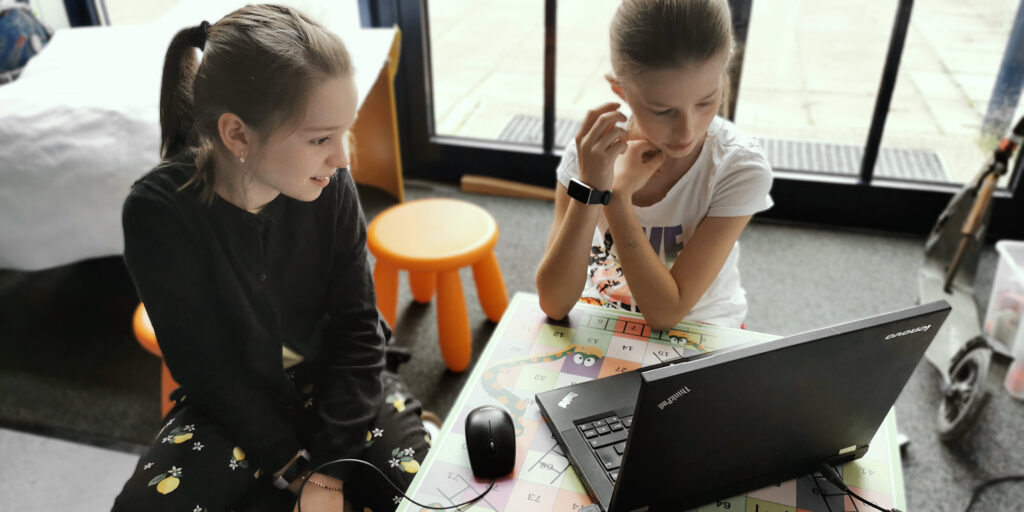
Previous winners and jurors
The OeAD (Austrian Agency for Education and Internationalization), the BMBWF (Federal Ministry of Education, Science and Research) and Ars Electronica have jointly launched the Education Award “Klasse! Lernen. We are digital” in 2021. These are the winners and jurors so far.
Photo: Teresa Roschütz
